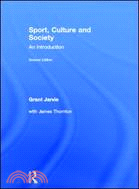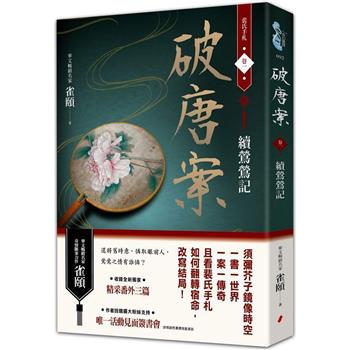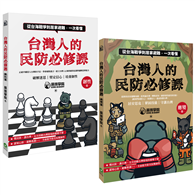| FindBook |
有 1 項符合
Sport, Culture and Society:An Introduction的圖書 |
 |
Sport, Culture and Society:An Introduction 作者:Grant Jarvie 出版社:Routledge 出版日期:2012-02-24 規格:24.6*17.4cm / 2 / 平裝 / 520頁 |
| 圖書館借閱 |
| 國家圖書館 | 全國圖書書目資訊網 | 國立公共資訊圖書館 | 電子書服務平台 | MetaCat 跨館整合查詢 |
| 臺北市立圖書館 | 新北市立圖書館 | 基隆市公共圖書館 | 桃園市立圖書館 | 新竹縣公共圖書館 |
| 苗栗縣立圖書館 | 臺中市立圖書館 | 彰化縣公共圖書館 | 南投縣文化局 | 雲林縣公共圖書館 |
| 嘉義縣圖書館 | 臺南市立圖書館 | 高雄市立圖書館 | 屏東縣公共圖書館 | 宜蘭縣公共圖書館 |
| 花蓮縣文化局 | 臺東縣文化處 |
|
|
- 圖書簡介
It is impossible to fully understand contemporary society and culture without acknowledging the place of sport. Sport is part of our social and cultural fabric, possessing a social and commercial power that makes it a potent force in the world, for good and for bad. Sport has helped to start wars and promote international reconciliation, while every government around the world commits public resources to sport because of its perceived benefits. From the bleachers to the boardroom, sport matters.
Now available in a fully revised and updated new edition, this exciting, comprehensive and accessible textbook introduces the study of sport, culture and society. International in scope, the book explores the key social theories that shape our understanding of sport as a social phenomenon and critically examines many of the assumptions that underpin that understanding. Placing sport at the very heart of the analysis, and including vibrant sporting examples throughout, the book introduces the student to every core topic and emerging area in the study of sport and society, including:
the history and politics of sport
sport and globalization
sport and the media
sport, violence and crime
sport, the body and health
sport and the environment
alternative sports and lifestyles
sporting mega-events
sport and development.
Each chapter includes a wealth of useful features to assist the student, including chapter summaries, highlighted definitions of key terms, practical projects, revision questions, boxed case-studies and biographies, and guides to further reading, with additional teaching and learning resources available on a companion website. Sport, Culture and Society is the most broad-ranging and thoughtful introduction to the socio-cultural analysis of sport currently available and sets a new agenda for the discipline. It is essential reading for all students with an interest in sport.
Visit the companion website at www.routledge.com/cw/jarvie. - 作者簡介
Grant Jarvie is Professor and Deputy Principal at the University of Stirling, and is also working with the University of Toronto. However, from July 2012 he’ll be professor of Sport at the University of Edinburgh. He was born in Scotland and went to school in Edinburgh. He advises governments on a wide range of areas, including sport, education, health, research and the funding of universities. He has held ministerial appointments to the board of national sports agencies and comes from an international sporting family. He was awarded an honorary doctorate in 2009 in recognition of his work to promote international cooperation between countries. He has led three departments and two research centres across four universities. He has served as acting principal/provost and has been invited to talk all over the world.
James Thornton is an international management graduate from Heriot-Watt University. Upon completion of his degree he moved to Wellington to work in sports marketing and volunteer with Street Football Aotearoa, the Homeless World Cup’s partner organisation in New Zealand. James is now based in London and works as a marketing executive for an events company. - 目次
Introduction Part 1: The Broader Context 1. Sport, Theory and the Problem of Values 2. Sport, History and Social Change 3. Sport, Global Finance and Economics 4. Sport, Politics and Culture Part 2: Sport, Globalisation and Other Communities 5. Globalisation and Global Sport 6. Internationalism, Reconciliation and Sport in the Making of Nations 7. Sport, Community and Others 8. Sport, Law and Governance 9. Sport, Social Media and Television 10. Sport, Social Capital and Education Part 3: Sport, and Contemporary Social Issues 11. Sport, and the Environment 12. Sport, Body and World Health 13. Sport , Violence and Crime 14. Sport, Religion and Spirituality 15. Sport, the Olympics and Major Sporting Events 16. Sport, Lifestyles and Alternative cultures Part 4: Sport as a Resource of Hope 17. Sport , Social Inequality and Social Movement 18. Sport, Poverty and International Development 19. Sport and Social Change 20. Sport, the Public Intellectual and the University. Conclusions: Theses on Sport, Culture and Society
|









